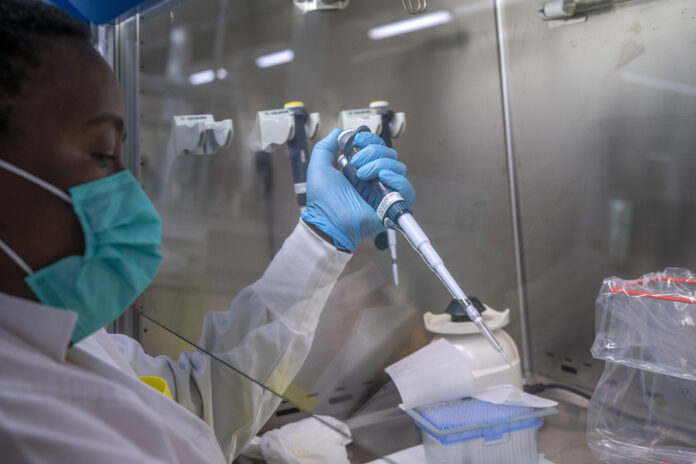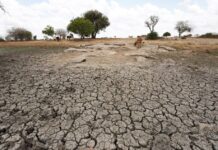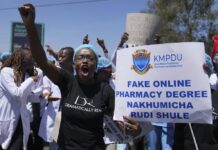
South Africa’s President Cyril Ramaphosa is scheduled to convene a meeting of the National Coronavirus Command Council to discuss a new variant detected in the country this week. The new Covid sub-variant, known as XBB.1.5, has also been recorded in the US and UK.
Scientists in South Africa have identified a new coronavirus variant with a worrisome combination of mutations that experts fear could make it more transmissible and allow it to evade immune protection — including the protection generated by vaccines.
Experts are scrambling to learn more about the variant, known by its scientific name B.1.1.529 and called Omicron by the World Health Organization. Right now, there are more open questions than firm answers. And although scientists have expressed significant early concern over the variant — the WHO designated it as a “variant of concern” on Friday — they have cautioned that they are still seeking critical information about it. Below, STAT outlines what is known and unknown. It is an offshoot of the globally-dominant Omicron Covid variant and is highly transmissible. One reminder: There have been a series of variants that have caused initial alarm, only to prove largely unimportant in the course of the pandemic.
President Ramaphosa confirmed Tuesday’s meeting to local journalists and urged South Africans not to panic.
Scientists in South Africa detected the lineage on Monday, according to the country’s National Institute for Communicable Diseases, and rang the alarm bell for the world. Researchers in Botswana and Hong Kong also posted sequences publicly, and other cases have since been reported in Belgium and Israel. The variant is likely in other countries, but researchers just haven’t picked it up yet.
On Friday afternoon, the United States joined other countries in imposing travel restrictions from those two countries, as well as Zimbabwe, Namibia, Lesotho, Eswatini, Mozambique, and Malawi, effective Monday.
For one, it appears to be outcompeting other variants in South Africa — including the extremely transmissible Delta variant— and fast. It’s starting to drive cases up in that country, which has already had several massive waves in its epidemic. Some possible explanations are that it’s a better spreader than even Delta, that it can cause infections in people who are protected at higher rates, or some combination of the two.
Scientists can’t predict how different mutations will behave when combined, but of particular worry to scientists is that the virus has some 32 mutations in its spike protein, which is what vaccines teach our immune system to recognize and target.
The variant “has a very high number of mutations with a concern for predictive immune evasion and transmissibility,” said Tulio de Oliveira, director of the Centre for Epidemic Response and Innovation, who helped identify the variant in South Africa.
When a variant emerges, one of the primary questions is how well antibodies can still fight off the new form of the virus. But vaccines generate different layers of immune protection, including T cells. Scientists aren’t sure yet what the impact of the variant might be on those, though T cells seem to have been less affected by mutations in other variants (T cell responses to new viruses are more complicated to study than antibody responses). However, studies have shown that neutralizing antibody levels can act as a correlate for how well protected someone is.
One bit of good news: studies have suggested booster doses can, at least for a time, elicit such sky-high levels of antibody that they can broadly withstand a mutated virus, even if the antibodies aren’t targeting the specific viral proteins as well.













